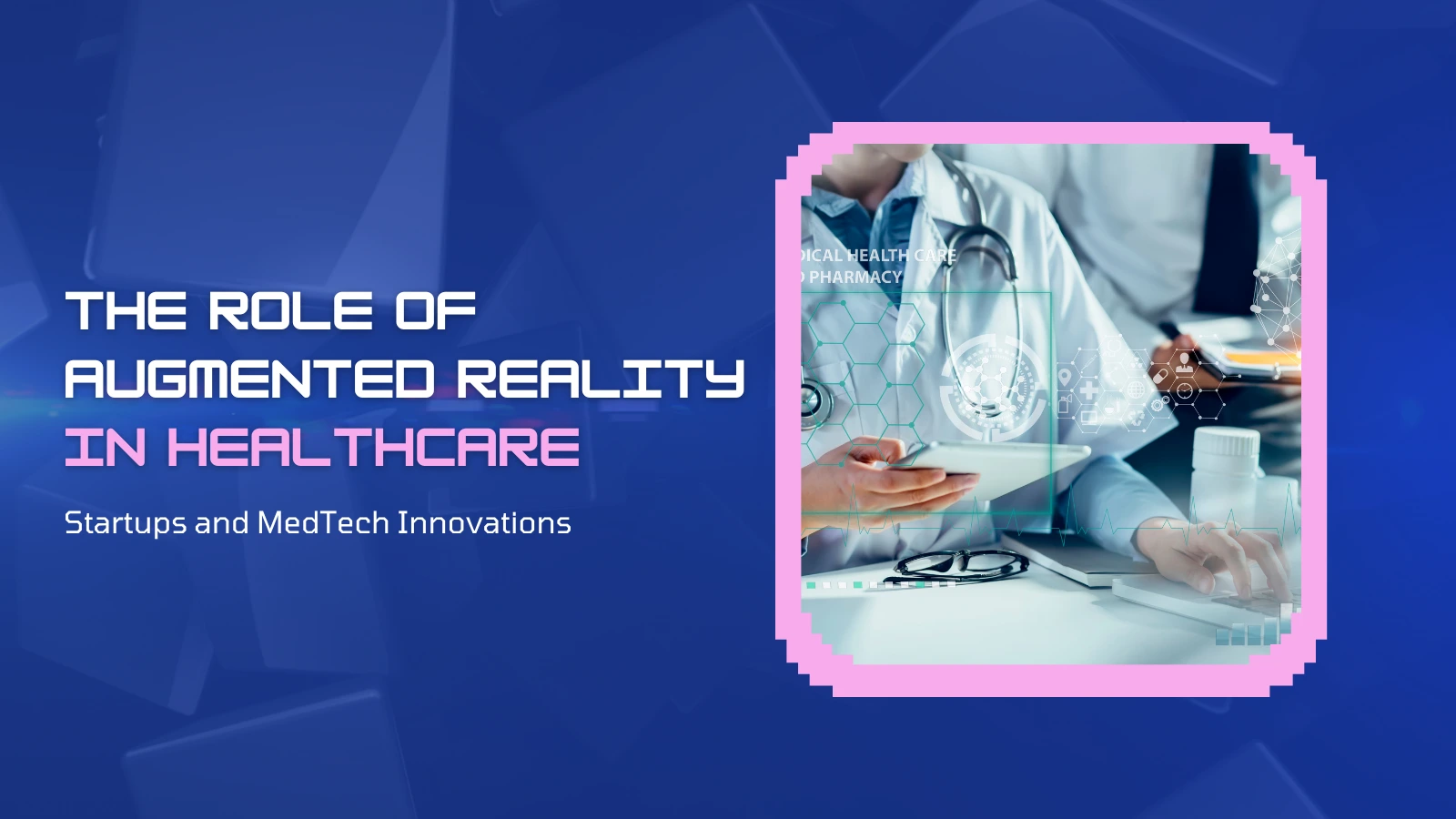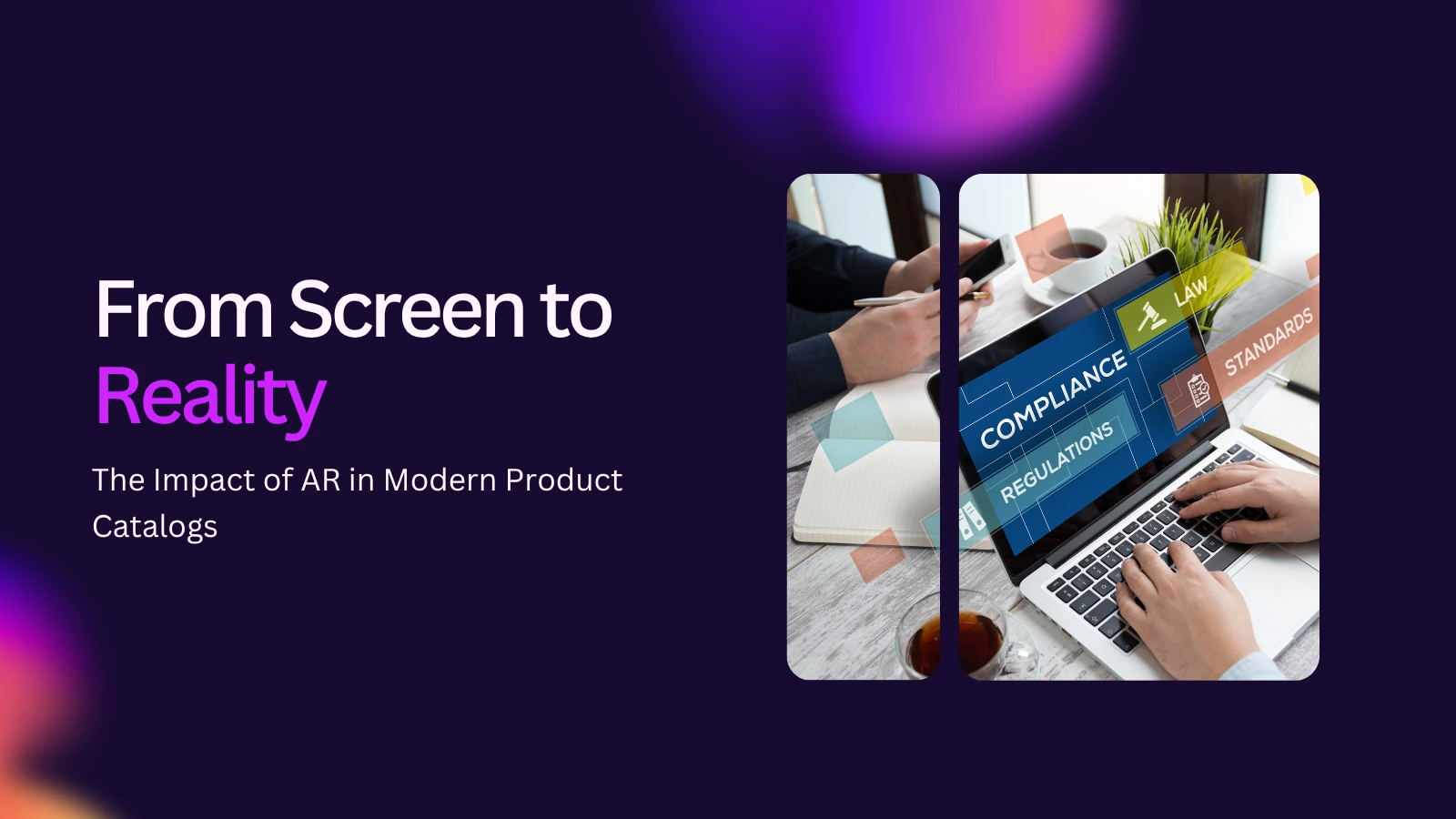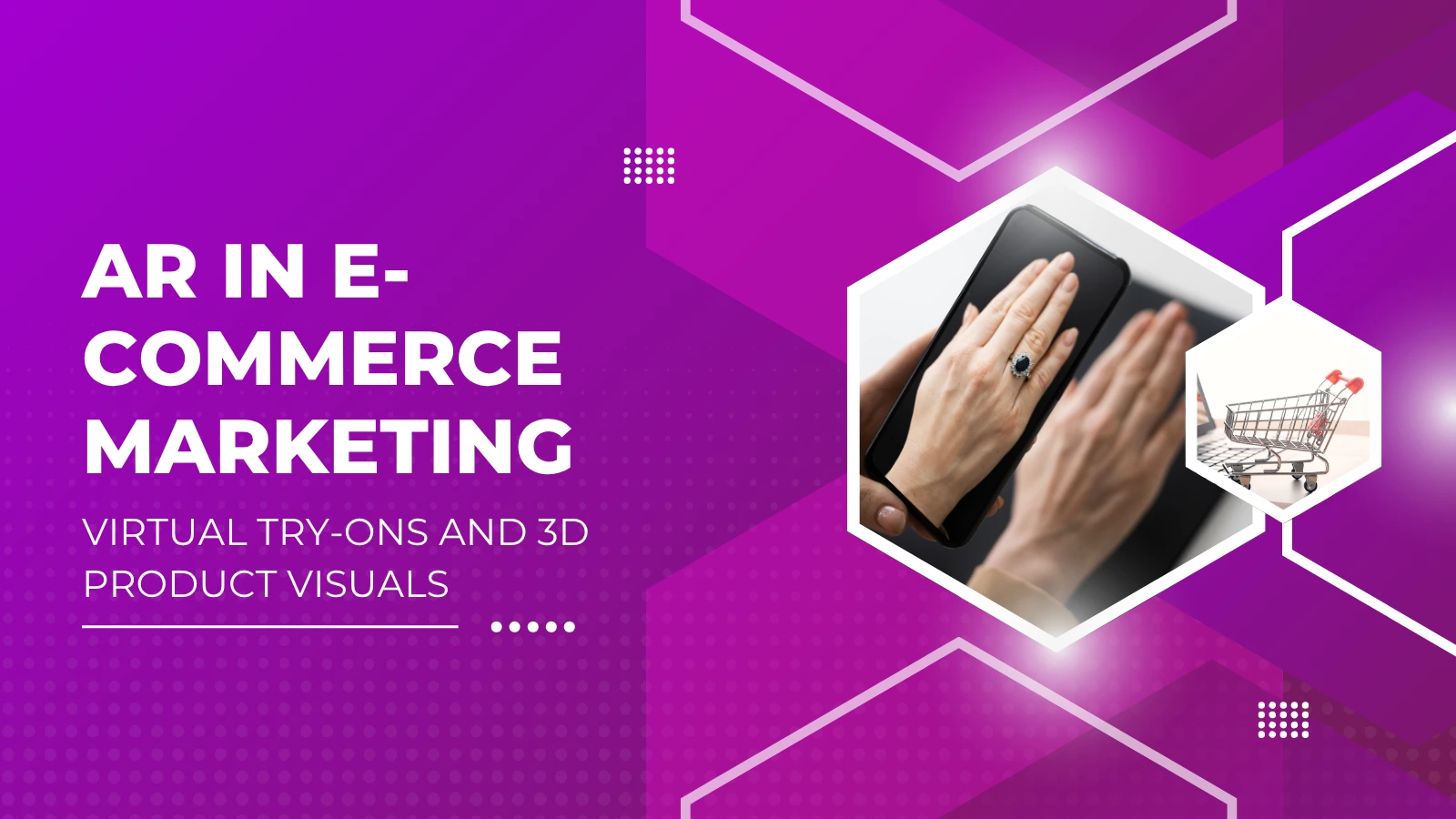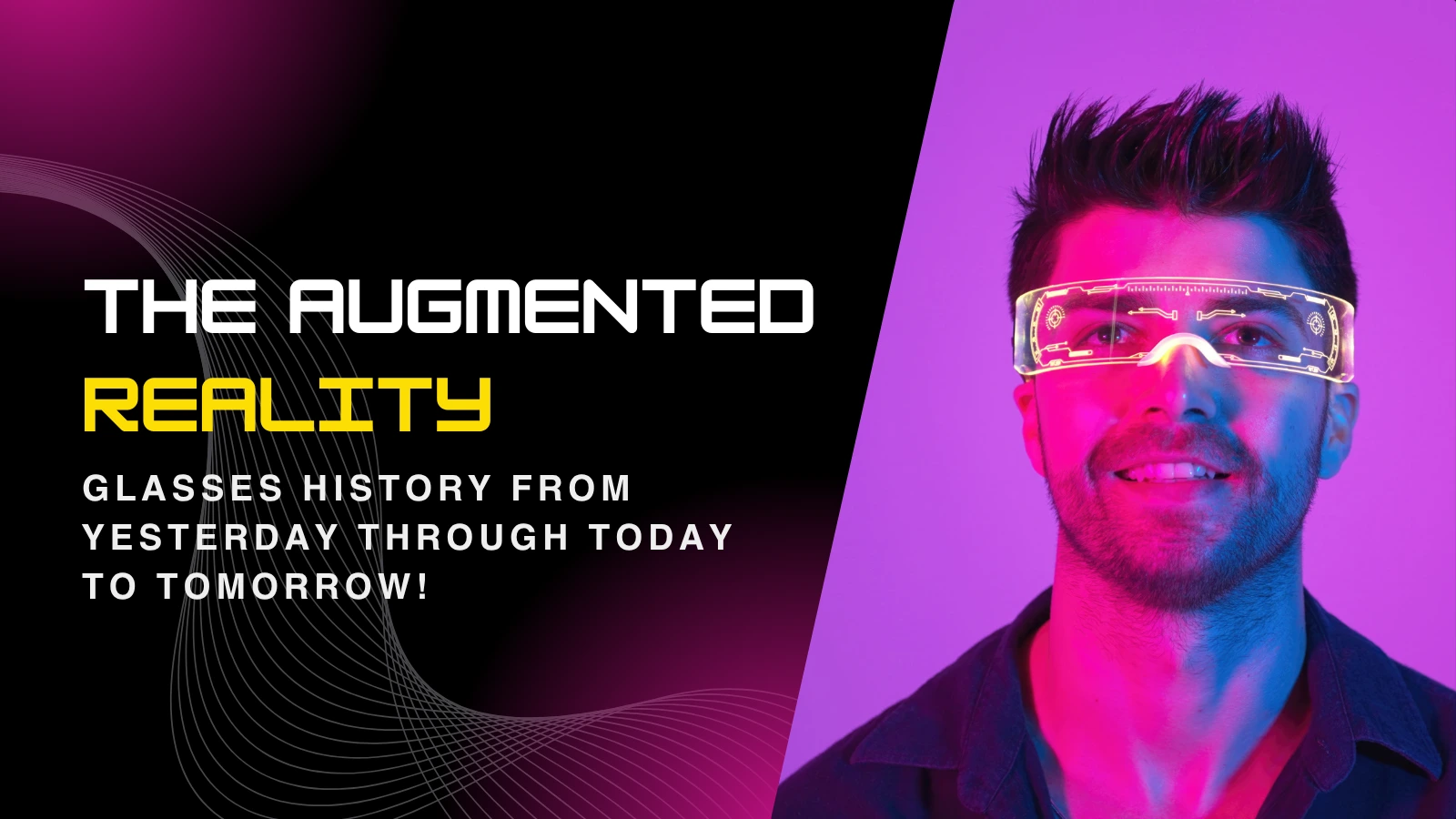The Role of Augmented Reality in Healthcare Startups and MedTech Innovations
Published On: June 27, 2025

Introduction
In the past decade, there has been revolutionary technological development in healthcare. Amongst the most revolutionary of those tools to be utilized within clinics, operation theaters, and campuses of medical schools is Augmented Reality (AR). As it is capable of overlaying digital information over real-world settings, AR is revolutionary in healthcare startups and innovations within MedTech.
From enhanced surgical precision to revolutionizing medical training and patient engagement, AR is redefining medicine. As startups strive to deliver more with less cost and heightened efficiency, AR in the healthcare market becomes a clear frontrunner in driving tomorrow’s medical breakthrough.
What is Augmented Reality in Healthcare?
Augmented Reality (AR) refers to technology that superimposes digital information like images, sounds, or other sensory enhancements onto the real-world space, often by means of devices such as smartphone devices, AR glasses, or tablet computers. Unlike VR, with its complete virtual reality immersion, AR blends the virtual and real-world environments to supplement medical clinicians’ interactions with the real-world space.
Why Healthcare Startups are Embracing AR Market
AR in Healthcare start-ups are uniquely positioned to take advantage of AR Marketing due to several reasons:
Agility and innovative mindset: The startups can spin quick, so it is easier to integrate newest AR marketing technologies.
Niche specificity: The startups are addressing narrow medical problems—from vein tracking to remote surgical consultation—where AR can make a distinct contribution.
Access to modern devices: The popularity of wearables and smartphones makes it easier for startups to develop AR apps that are scalable and accessible.
Investor interest: Healthcare AR is regarded as a high-growth sector to invest in, with investment being made in R&D and implementation.
Applications of AR in Healthcare and MedTech
Let’s consider some of the most significant areas Augmented Reality in healthcare market is influencing through the lens of startup innovations:
Surgical Navigation and Accuracy
AR is dramatically improving surgical accuracy by providing real-time visual projections of patient anatomy.
Startup Spotlight: Augmedics developed the xvision® Spine System, a headset that incorporates AR and lets surgeons “see through” patients’ skin and tissues to achieve a 3D perspective of the spine during procedures. The outcome is decreased errors, smaller invasive incisions, and shorter periods of healing.
Impact: The enhanced level of spatial awareness translates to shorter operation times, reduced exposure to radiation when imaging, and improved patient outcomes.
Healthcare Education and Training
AR marketing provides extremely interactive and immersive educational experiences for doctors and medical students.
Startup Spotlight: Touch Surgery and FundamentalVR utilize AR and mixed reality to construct simulated operations and complex medical procedures such that trainees are able to train under conditions that are risk-free.
Impact: Allows for cost-effective, scalable medical education that can be used worldwide—particularly in places with limited medical infrastructure.
Patient Education and Preoperative Planning
Patients tend to find medical procedures hard to comprehend. AR in healthcare marketing helps physicians demonstrate and illustrate procedures in 3D, enhancing explanation and consent quality.
Startup Spotlight: HoloAnatomy and Proximie offer patients platforms to visualize 3D copies of their anatomy or planned surgical procedure, with the result being mitigated anxiety and enhanced communication.
Impact: Well-informed patients are more likely to adhere to post-operative instructions and be more highly satisfied with their care.
Physical Therapy and Rehabilitation
AR-based rehabilitation tools offer real-time feedback, game-like exercises, and motion tracking for better therapy outcomes.
Startup Highlight: Neuro Rehab VR creates AR programs tailored to individual patient condition and progress, stimulating interaction and accelerated recovery.
Impact: Treatments are made more interactive and measurable by AR and boost motivation and treatment adherence.
Remote Collaboration and Telemedicine
With AR marketing, you can perform remote support by having experts observe and interact with real-time video streams originating remotely.
Startup Showcase: Proximie makes remote guiding of operations possible by overlaying instructions in real-time—so that expertise can be transferred across boundaries.
Impact: Facilitates better care for underserved communities and broader access to best medical knowledge globally.
Visualization and Diagnostics of Veins
Pinpointing accurate vein location is sometimes difficult, such as in obese patients or pediatric patients. AR technology can help with non-invasive vein mapping.
Startup Showcase: AccuVein displays a vein map onto a patient’s skin using AR and increases first-stick success for injections and IV placements.
Impact: Reduces procedural complications and time and makes patients more comfortable.
Challenges in Adopting Augmented Reality in Healthcare
Despite its promise, AR in healthcare market continues to face some important challenges:
Hardware limitations: AR head-mounted displays are often cumbersome, expensive, or inconvenient for long-term use.
Data security and privacy: The real-time processing of sensitive patient data raises concerns regarding HIPAA compliance and security.
Interoperability with existing systems: Hospitals and clinics tend to utilize outdated IT systems that are incompatible with existing AR systems.
Training and adoption: Healthcare professionals need adequate training and motivation to adopt AR in their practice.
Companies that are capable of solving these issues—through improved UX, by making hardware more accessible and affordable, or through smooth EMR integration—have a strong competitive advantage.
The Future: AR + AI + IoT = Next-Gen MedTech
The complete potential of AR in medicine marketing will be realized when integrated with Artificial Intelligence (AI) and Internet of Things (IoT).
AI-augmented AR can perform automatic real-time analysis of medical images during operations.
IoT devices can perform ongoing health monitoring, and AR projects real-time health parameters onto the patient.
With machine learning, predictive modeling can simulate future events and enhance treatment planning.
Start-ups are already moving in that direction. For instance, AR in healthcare market solutions with AI can be employed to identify cancerous tissues during surgery or to alert about abnormal vitals during teleconsults.
Investment and Market Forecast
Global AR healthcare market will observe more than 25% CAGR from 2023 to 2030 and is projected to surpass $10 billion by 2030. AR-enabled startups are being viewed more and more by large health institutions and venture capitalists due to their ability to:
Reduce spending
Improve clinical outcomes
Overcoming staffing shortages
Enable individualized and decentralized care
Government investment, regulatory priority status, and higher take-up following COVID have added to that momentum.
Conclusion
Augmented Reality in healthcare isn’t in some distant future but is available in the modern-day world and is already transforming healthcare. For medical technology startups and innovators, AR offers new possibilities for disrupting existing norms, expanding human capacity, and delivering more precision, accessibility, and empathy to medicine.
As technological development proceeds and solutions are found to problems, AR should continue to move forward from innovation to standard clinical practice. The most successful startups will be those that both innovate with AR and are certain that it addresses needs that are genuine for health systems, providers, and patients.
Main Point:
AR is not about better vision; it’s better decisions, better outcomes, and a better integrated and compassionate health care system. For mission-driven startups with lasting impact, AR is the lens through which tomorrow’s health care is being redesigned.


